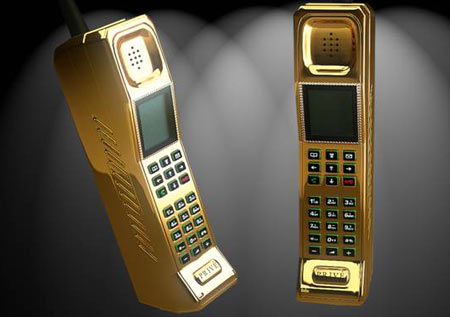With the advent of cell phones world has become quite small and easily accessible, however cell phones have always been instigating debates among the people about their advantages and disadvantages. The cell phones have numerous uses ranging from business work, means for entertainment, research work, and ensuring security. However, it is estimated that for a commoner, 90% calls are completely unnecessary, and another 5% are less than urgent and could wait until later. There are also plenty of narcissistic pinheads who can't make a trip to a grocery store, to a movie, to mosque/other religious place, or anywhere else without hearing themselves talk on the phone. Some of them can't even sit through a traffic light without placing a call. In the worst case, there are those self-important egotists who do not and will not turn off their phones at a places where switching off their mobiles is mandatory.
 Shouldn’t Cell Phone Mania be Kept within Limits?
Shouldn’t Cell Phone Mania be Kept within Limits?Since so many people have been annoyed and inconvenienced by the ubiquitous abuse of cell phones, new innovation would lead to simple solutions, and in many other countries, the solution is the portable cell phone jammer. The jammer sends out a blanket of noise in the same frequency range as the cell phone, and by raising the noise floor, makes it impossible for the phone to stay connected. The cell phone user doesn't know the cause of the interruption, in most cases, and just puts off the conversation until later.
In various countries, museums and restaurants use full-time cellular blocking, because, as many people around just won't cooperate and turn their phones off. Jamming is only permitted in countries where the overall benefit to society is more important than some individual's hurt feelings. So, the use of a cell phone jammer may be illegal, yet there are those who are so irritated by mobile phone addicts that they don't mind taking the risk of operating outside the law for a few seconds at a time in order to cut off someone else's conversation, especially when that conversation seems to go on and on, and seems to get louder and more frivolous with every passing minute. Mobile phones operate by sending signals along a range of the electromagnetic spectrum reserved for their use. All a cell-phone jamming device needs to do is broadcast a signal on those same frequencies, and it will interfere with any devices trying to transmit in that range. The phone's screen will simply indicate that no signal is available.
No comments:
Post a Comment